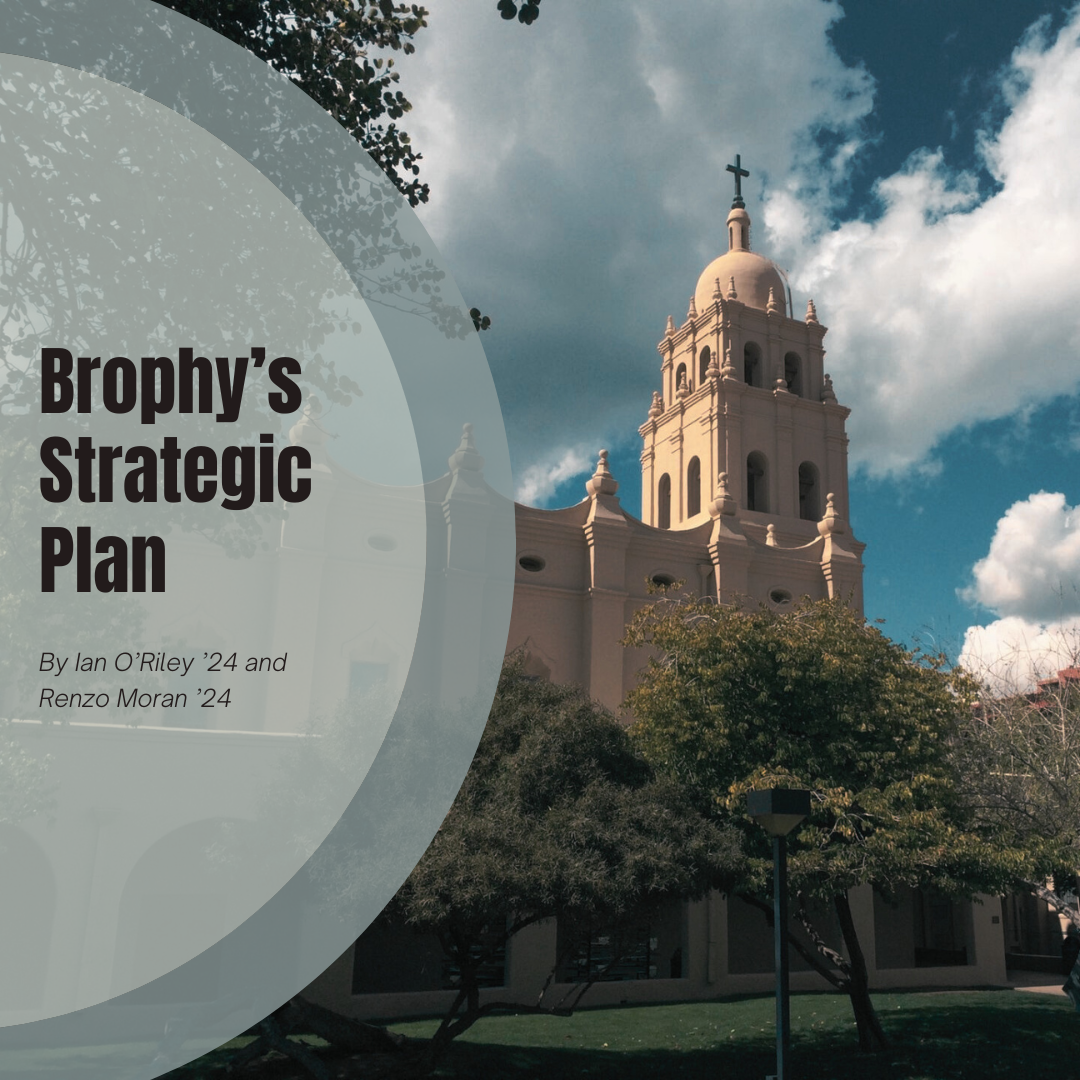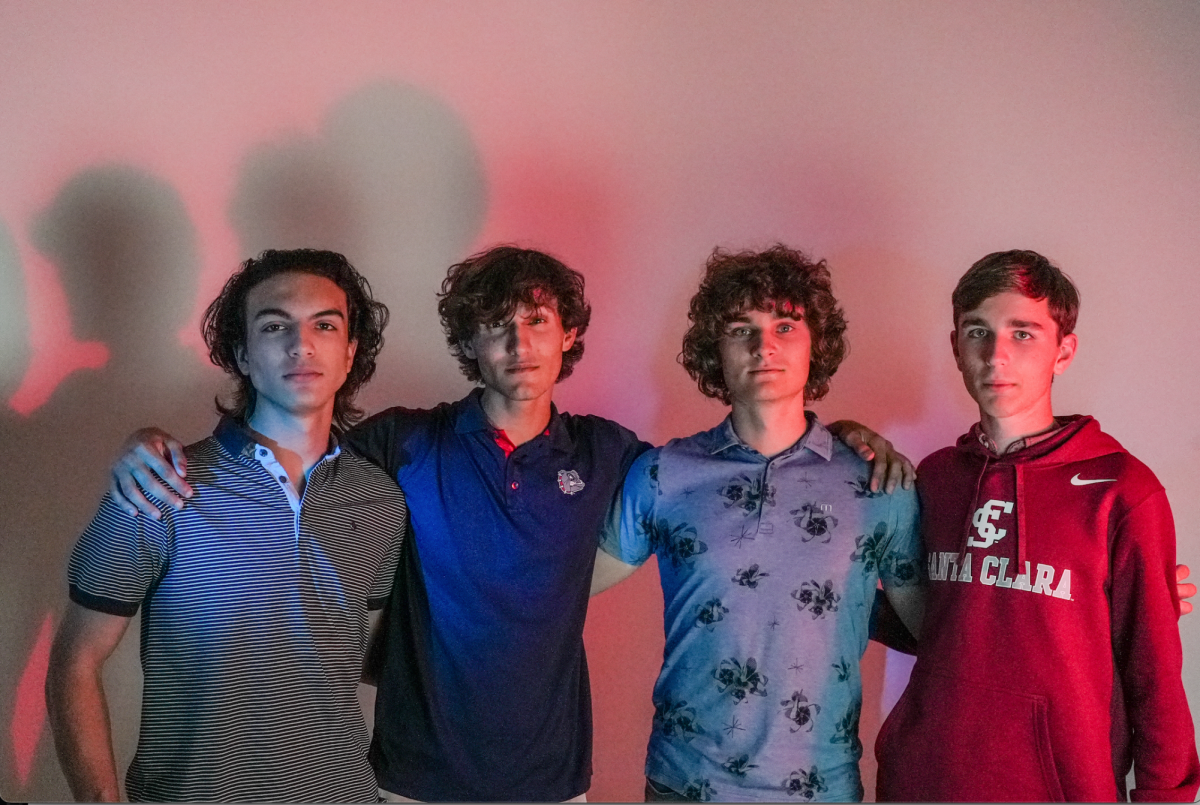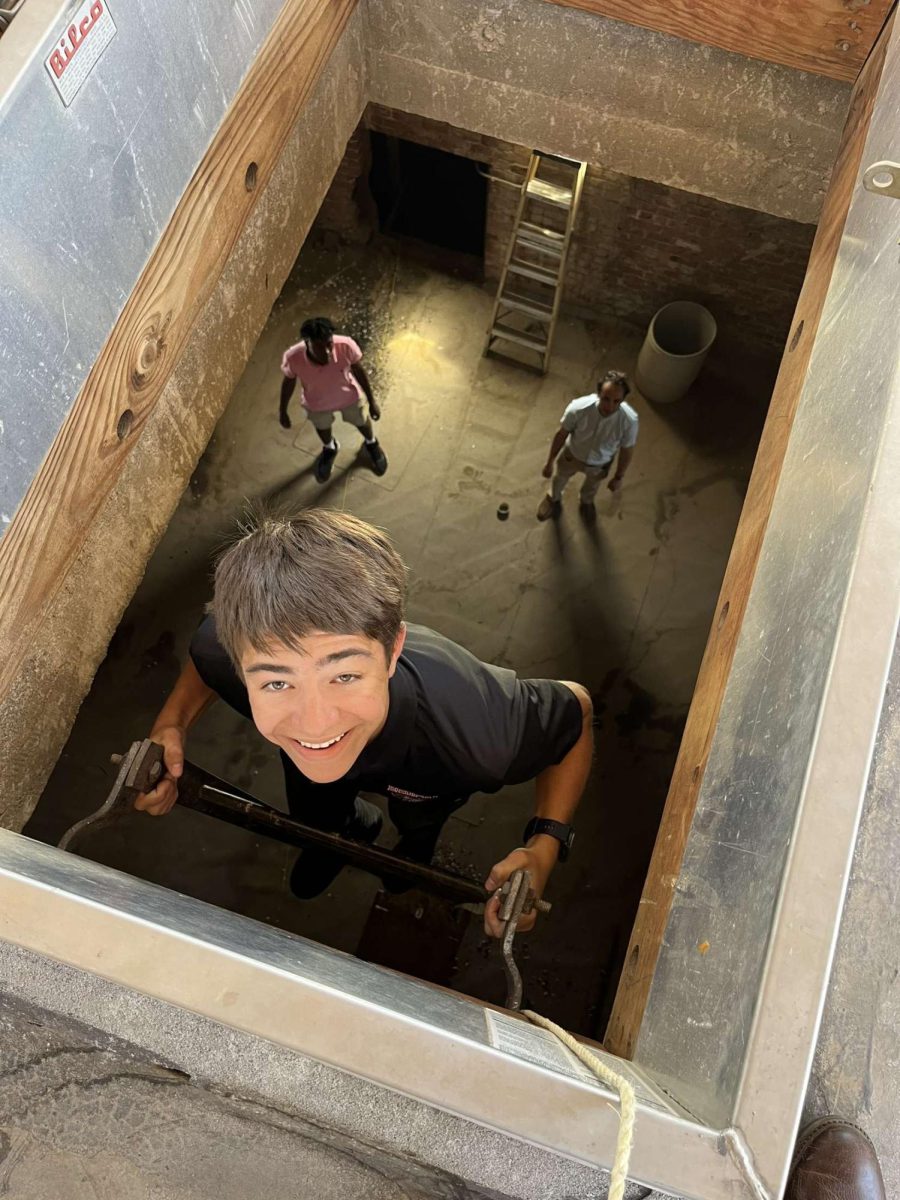Unorthodox subject matter takes on social metaphor
By Sam Fleury ’10
The Roundup
“Watership Down” is a book that is a bit unorthodox in subject matter but one everyone should read.
The novel by Richard Adams is written from the eyes of rabbits.
It is a story of adventure and suspense and it keeps you on your feet and wanting to read more. “Watership Down” was the November selection for Literati, Brophy’s student book club.
The story starts off with Hazel and Fiver rabbits living on the outskirts of their home warren (a group of rabbit holes).
Fiver has a premonition of doom and their adventures begin. Gathering a group of rabbits they run away from their home looking for safety and a new life.
The world from rabbits’ eyes is full of danger and confusion.
The interaction with humans is curious and, from their point of view, unnatural. But the technology humans use to change the world is soon seen in the rabbit world.
It changes the rabbits’ ways and with that Adams provides some subtle commentary on our use of technology and its effects.
Portraying the world from this view is difficult but Adams does it well.
All the visual descriptions are from a lowered, ground-level perspective with concepts you would expect a rabbit to understand.
Then there are concepts that rabbits don’t understand but readers can tell through description what they are. For example, when the rabbits encounter a train it is described as a flash of smoky metallic light.
It is a very peculiar style of writing, which makes for an interesting book.
Each character is lovable—rabbits are naturally lovable—but their antics and quirks appeal to the reader. Because of this when they face danger and death it is even more gripping.
There are also some insights into governing systems with the different styles in which warrens are controlled.
The rabbit culture acts as a window into our own culture.
Through the use of literary elements Adams produces an intriguing story and a good read.
Editor’s Note: Reviewer Sam Fleury is a member of the Literati book club.
























